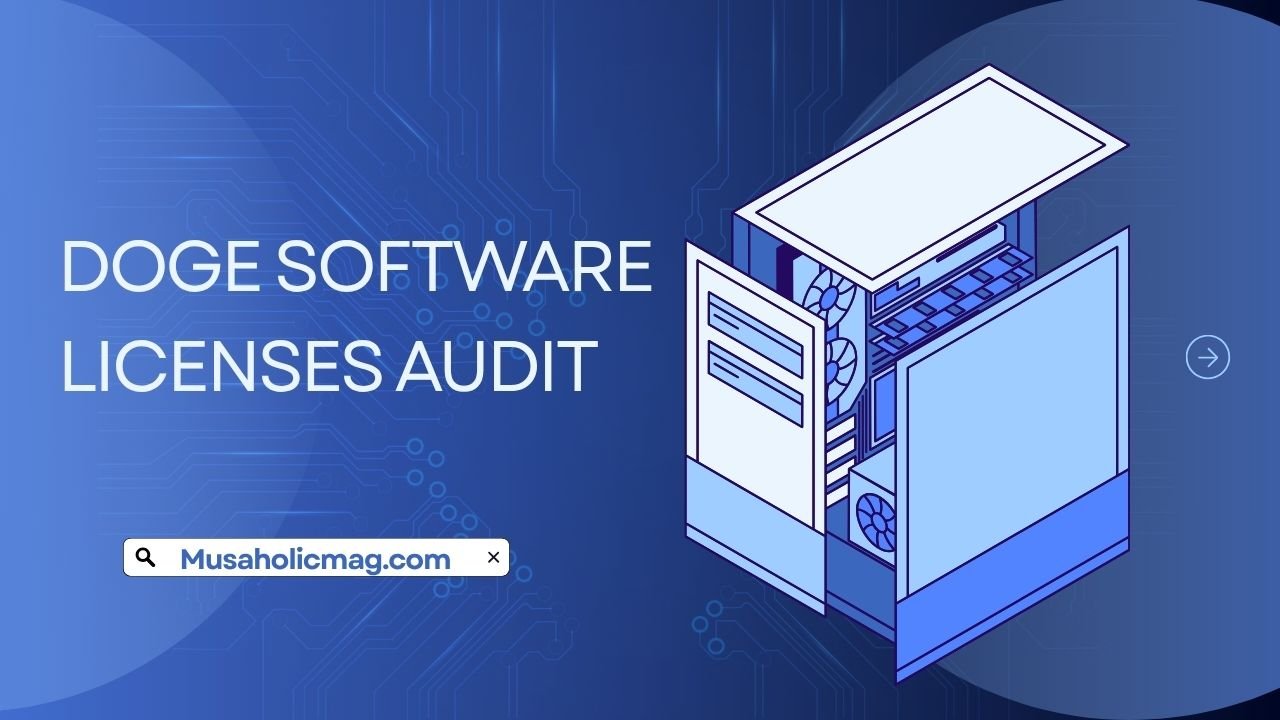The world of software licenses can be a murky one, especially in the realm of government agencies. With budgets on the line and taxpayer money at stake, a recent audit has uncovered alarming discrepancies that could make anyone sit up and take notice. Enter DOGE Software Licenses Audit HUD—a revealing examination into how millions have been wasted on unused or unnecessary licenses. This isn’t just about numbers; it’s about accountability and ensuring that public funds are used wisely. As we dive deeper into this critical issue, prepare to discover the shocking findings behind what went wrong and how we can prevent such staggering waste in the future.
Purpose of HUD and License Auditing
The HUD, or Housing and Urban Development, plays a vital role in managing federal resources effectively. One of its key functions is to ensure that software licenses are used efficiently within government agencies.
License auditing serves as a systematic approach to track these software assets. By conducting thorough audits, agencies can identify which licenses are actively utilized versus those that remain dormant.
This process not only helps in compliance with licensing agreements but also aids in optimizing budgets. With accurate data on software usage, organizations can make informed decisions about renewing contracts or eliminating unnecessary expenses.
Additionally, regular license audits promote accountability among teams. When employees know their software use will be monitored, they’re more likely to adhere to best practices and policies regarding technology utilization.
The Shocking Findings: Millions in Wasted Licenses
A recent audit of DOGE software licenses has revealed startling statistics. Millions of dollars are tied up in unused or underutilized licenses across various government agencies.
The report uncovers that many licenses were purchased but never activated or fully utilized, leading to significant waste. Agencies often lacked a clear understanding of their licensing needs and failed to track software usage effectively.
This oversight means taxpayer money is essentially going down the drain. Resources that could be allocated for essential services are instead being squandered on unnecessary license fees.
In some cases, multiple departments independently acquired similar software without coordination. This duplication further exacerbates the issue and highlights a lack of organization within government procurement processes.
Clearly, these shocking findings call for immediate attention to improve financial accountability and resource management.
How Did This Happen? Lack of Monitoring and Oversight
The staggering waste of software licenses can largely be attributed to a systemic lack of monitoring and oversight. Many government agencies operate under outdated practices that fail to keep up with the rapid evolution of technology.
Without consistent tracking, licenses accumulate while usage goes unchecked. Departments may purchase more software than needed, assuming they will eventually utilize it. In reality, many licenses sit idle.
Compounding this issue is the absence of accountability within teams responsible for procurement. Often, no one takes ownership over the license management process. This creates a perfect storm for inefficiency and unnecessary spending.
Moreover, training on proper license utilization is frequently overlooked. Without informed users aware of their resource limits, misuse becomes commonplace.
These gaps in strategy not only lead to financial losses but also contribute to broader organizational inefficiencies that affect overall productivity.
Impact on Taxpayers and Government Agencies
The repercussions of wasted software licenses extend far beyond financial losses. Taxpayers ultimately bear the burden of inefficiencies in government spending.
When agencies fail to manage their software licenses effectively, precious resources are squandered. This misuse translates into higher taxes or reduced services for citizens who expect accountability from their leaders.
Government agencies may also face reputational damage. Voters become frustrated when they learn that public funds are not being utilized wisely. Trust erodes, leading to a lack of confidence in governmental operations and decisions.
Moreover, these findings could prompt audits and investigations, diverting attention and resources away from essential public service initiatives. Instead of focusing on innovation or improvement, officials find themselves entangled in bureaucratic red tape stemming from oversight failures related to license management.
Adopting transparent practices can help restore faith among taxpayers while ensuring that funds are directed toward meaningful projects rather than wasted on unnecessary software fees.
Steps to Prevent Future Wastage of Licenses
To tackle the issue of wasted licenses, a proactive approach is essential. First, implementing a robust license management system can provide real-time tracking and reporting. This allows agencies to see exactly how many licenses are in use and where they are allocated.
Regular audits should become standard practice. By conducting periodic checks, agencies can identify unused or underutilized software quickly.
Training staff on proper software usage is equally important. Ensuring everyone understands licensing agreements helps prevent accidental misuse.
Establishing clear communication channels between IT departments and procurement teams fosters collaboration. This ensures that any changes in staffing or project needs reflect adjustments in license allocation.
Utilizing cloud-based solutions could offer flexibility. They often come with pay-as-you-go models that reduce the chances of over-purchasing or licensing waste altogether.
Conclusion: DOGE Software Licenses Audit HUD
Proper license management is crucial for government agencies to ensure efficiency and accountability. The findings from the DOGE Software Licenses Audit HUD reveal just how significant mismanagement can be. Millions of dollars wasted on unused or unnecessary licenses represent not only financial losses but also a lack of oversight that ultimately affects taxpayers.
By implementing robust monitoring systems and regular audits, agencies can prevent future waste. Training staff on the importance of software licensing will foster a culture of responsibility and vigilance. With technology playing such an integral role in today’s operations, understanding software usage is no longer optional; it’s essential.
Investing time and resources into effective license management strategies will pay dividends in both cost savings and improved service delivery to citizens. Government entities must prioritize these practices to safeguard public funds while enhancing operational effectiveness.

